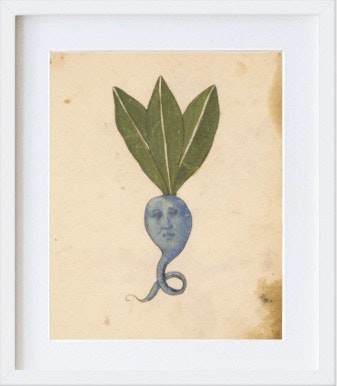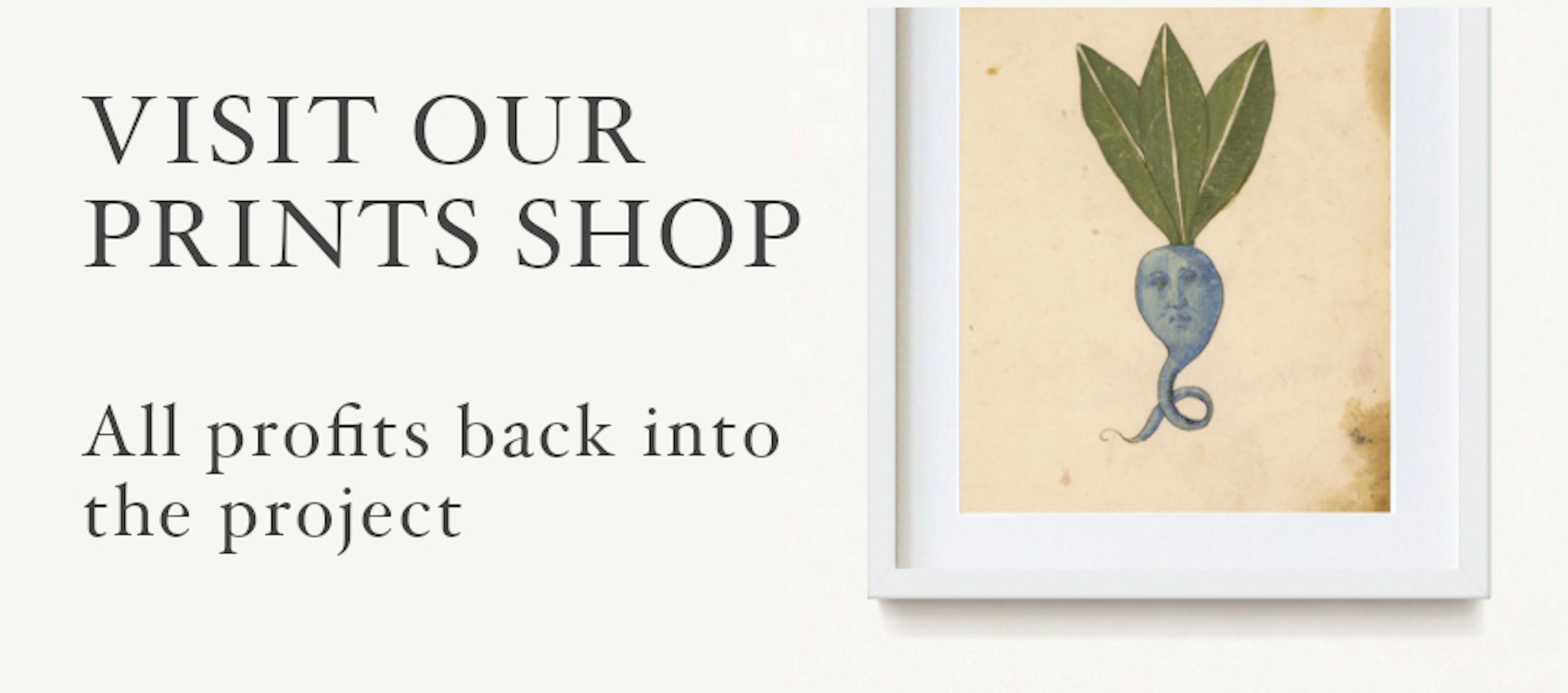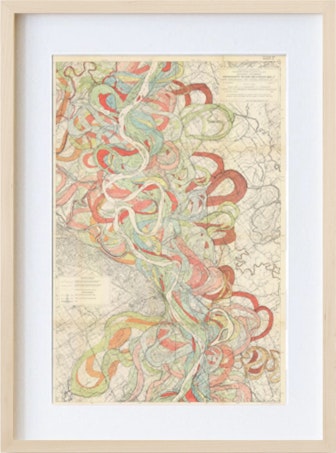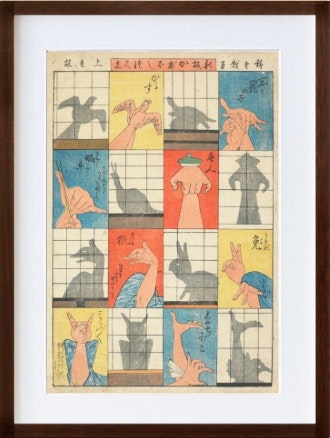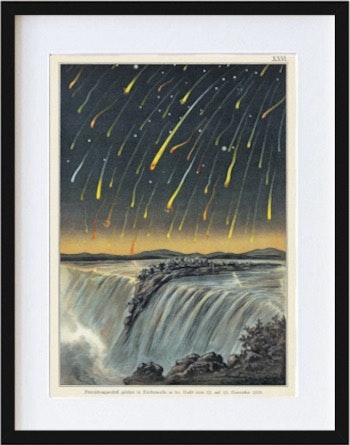
EssaysBooks
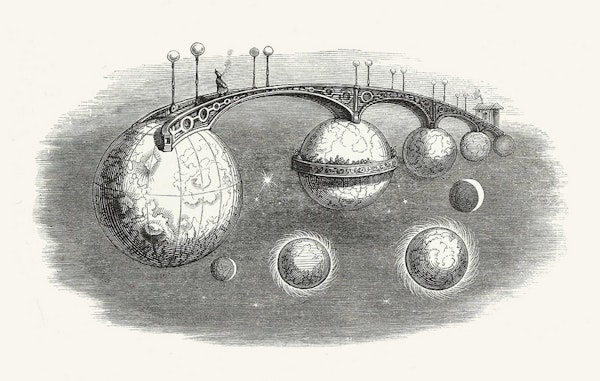
Grandville, Visions, and Dreams
With its dreamlike inversions and kaleidoscopic cast of anthropomorphic objects, animals, and plants, the world of French artist J. J. Grandville is at once both delightful and disquieting. Patricia Mainardi explores the unique work of this 19th-century illustrator now recognised as a major precursor and inspiration to the Surrealist movement. more
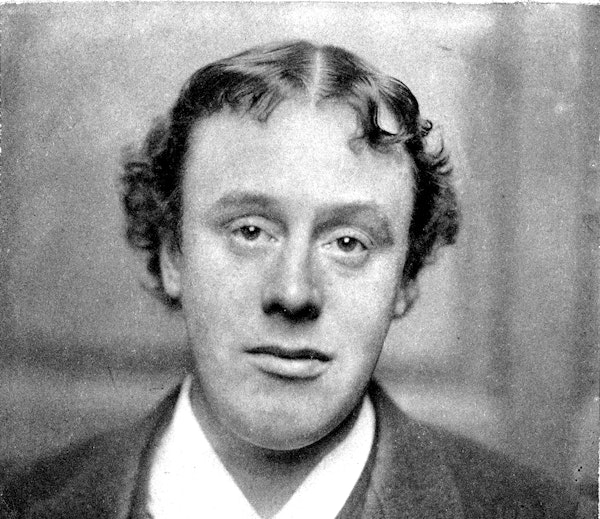
Eric, Count Stenbock: A Catch Of A Ghost
With his extravagant dress, entourage of exotic pets, and morbid fascinations, Count Stenbock is considered one of the greatest exemplars of the Decadent movement. David Tibet on the enigmatic writer’s short and curious life. more
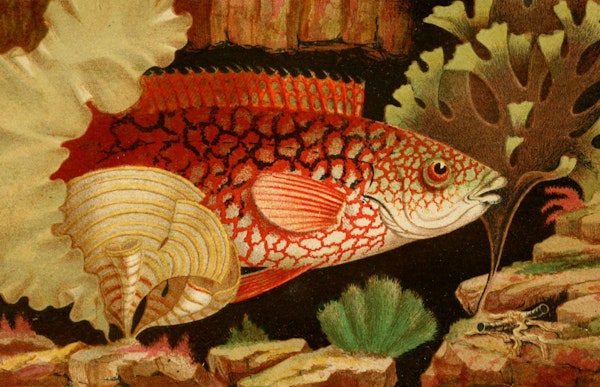
Bernd Brunner on the English naturalist Philip Henry Gosse and how his 1854 book The Aquarium, complete with spectacular illustrations and a dizzy dose of religious zeal, sparked a craze for the “ocean garden” that gripped Victorian Britain. more
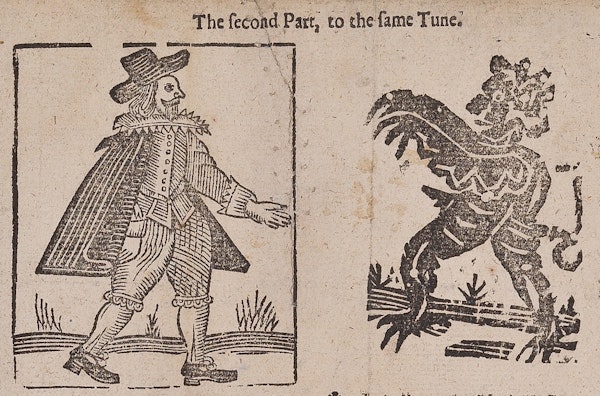
Early Modern Memes: The Reuse and Recycling of Woodcuts in 17th-Century English Popular Print
Expensive and laborious to produce, a single woodcut could be recycled to illustrate scores of different ballads, each new home imbuing the same image with often wildly diverse meanings. Katie Sisneros explores this interplay of repetition, context, and meaning, and how in it can be seen a parallel to meme culture of today. more
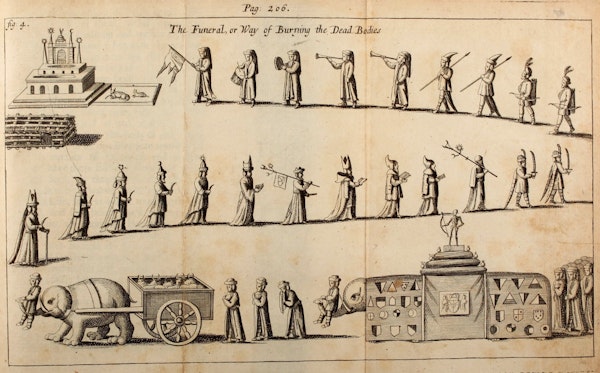
Made in Taiwan? How a Frenchman Fooled 18th-Century London
Benjamin Breen on the remarkable story of George Psalmanazar, the mysterious Frenchman who successfully posed as a native of Formosa (now modern Taiwan) and gave birth to a meticulously fabricated culture with bizarre customs, exotic fashions, and its own invented language. more
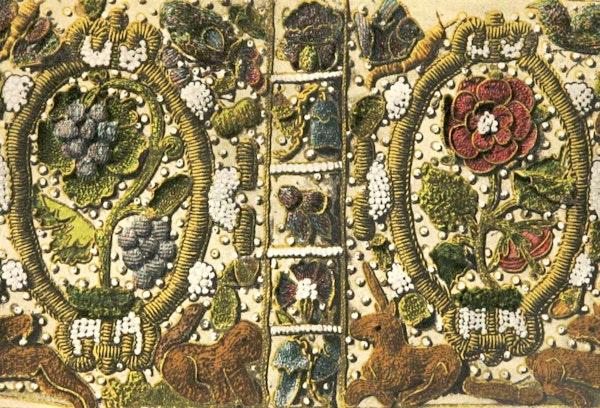
Pens and Needles: Reviving Book-Embroidery in Victorian England
Fashionable in the 16th and 17th century, the art of embroidering unique covers for books saw a comeback in late 19th-century England, from the middle-class drawing room to the Arts and Crafts movement. Jessica Roberson explores the bibliomania, patriotism, and issues around gender so central to the revival. more
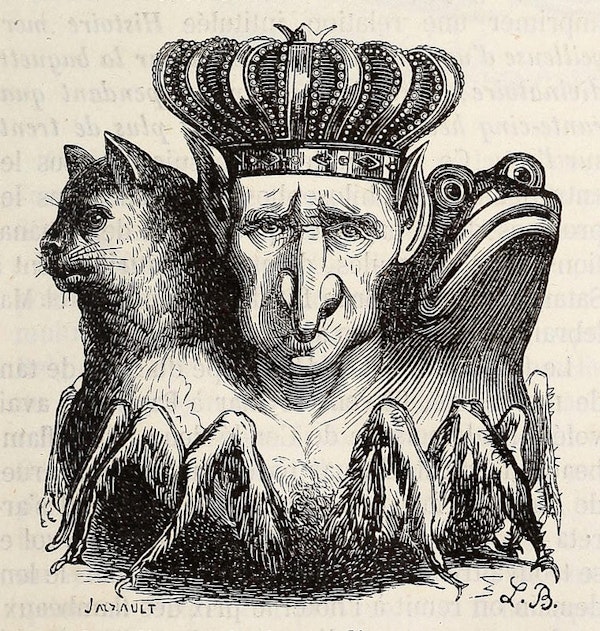
Although Jacques Collin de Plancy’s Dictionnaire infernal, a monumental compendium of all things diabolical, was first published in 1818 to much success, it is the fabulously illustrated final edition of 1863 which secured the book as a landmark in the study and representation of demons. Ed Simon explores the work and how at its heart lies an unlikely but pertinent synthesis of the Enlightenment and the occult. more
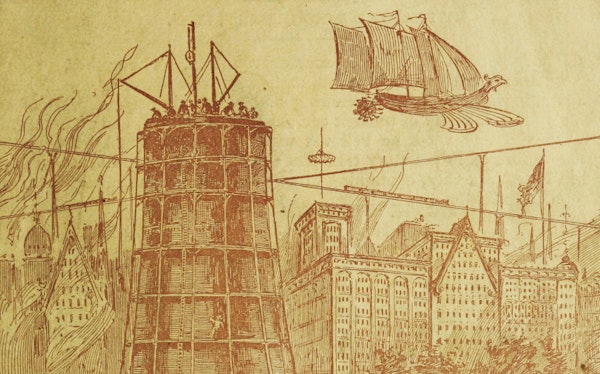
Master of Disaster, Ignatius Donnelly
The destruction of Atlantis, cataclysmic comets, and a Manhattan tower made entirely from concrete and corpse — Carl Abbott on the life and work of a Minnesotan writer, and failed politician, with a mind primed for catastrophe. more
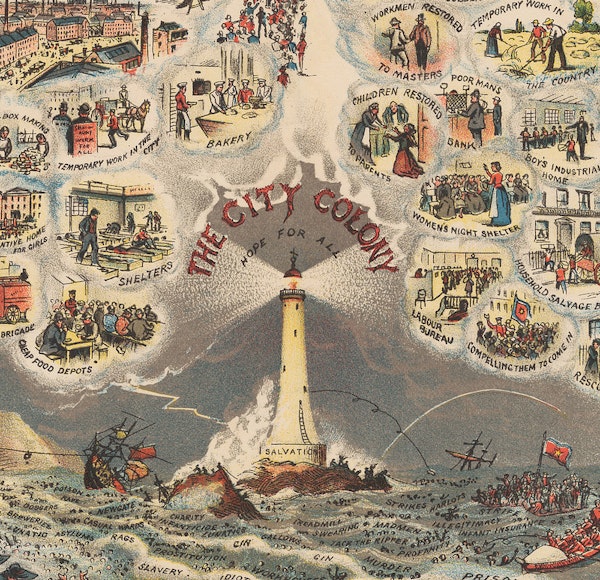
Rescuing England: The Rhetoric of Imperialism and the Salvation Army
Ellen J. Stockstill on how William Booth, founder of the Salvation Army, placed the ideas and language of colonialism at the very heart of his vision for improving the lives of Victorian England's poor. more
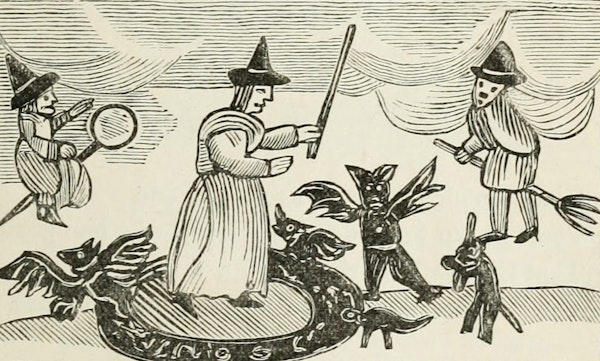
Jon Crabb on the witch craze of early modern Europe, and how the concurrent rise of the mass-produced woodcut helped forge the archetype of the broom-riding crone — complete with cauldron and cats — so familiar today. more
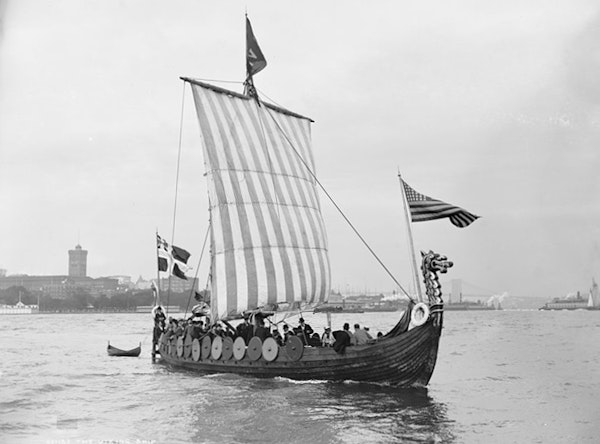
George Washington: A Descendant of Odin?
Yvonne Seale on a bizarre and fanciful piece of genealogical scholarship and what it tells us about identity in late 19th-century America. more
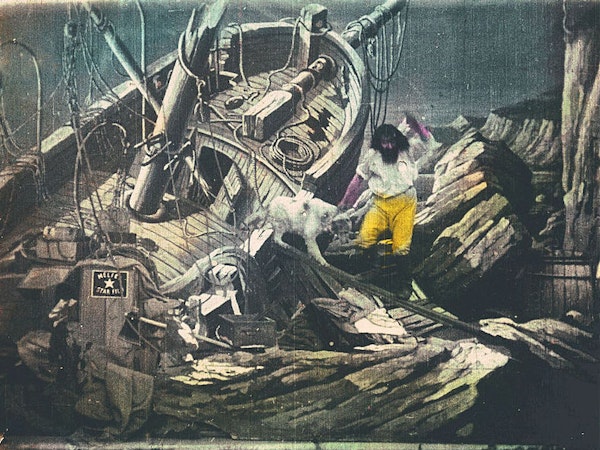
Defoe and the Distance to Utopia
In the wake of recent political shifts and the dystopian flavour they carry for many, Jason Pearl looks to the works of Daniel Defoe and the lessons they can teach us about bringing utopia home. more
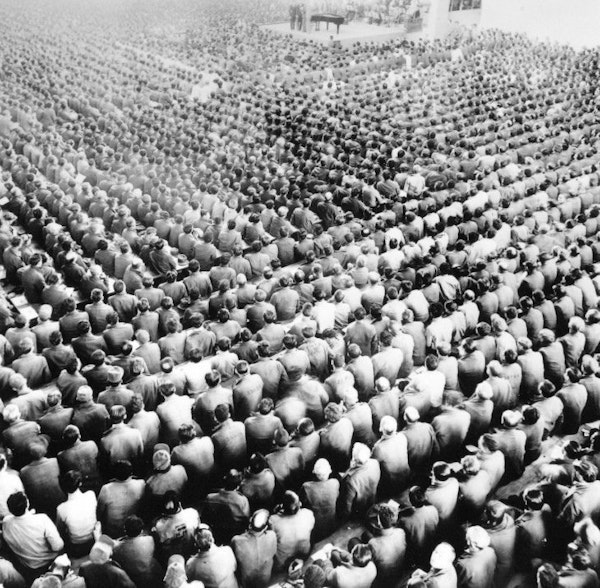
Astral Travels with Jack London
On the centenary of Jack London's death, Benjamin Breen looks at the writer's last book to be published in his lifetime, The Star Rover — a strange tale about solitary confinement and interstellar reincarnation, which speaks to us of the dreams and struggles of the man himself. more
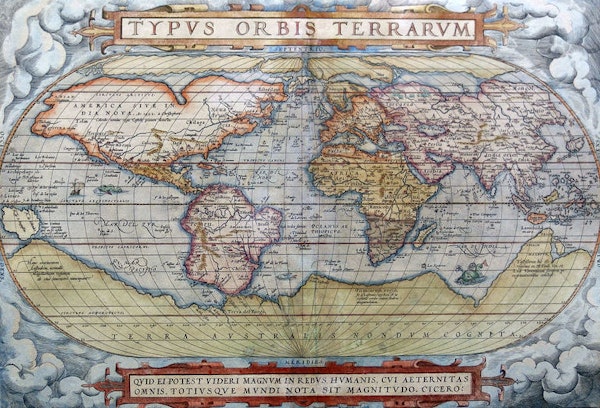
Richard Hakluyt and Early English Travel
The Principal Navigations, Richard Hakluyt's great championing of Elizabethan colonial exploration, remains one of the most important collections of English travel writing ever published. As well as the escapades of famed names such as Francis Drake and Walter Raleigh, Nandini Das looks at how the book preserves many stories of lesser known figures that surely would have been otherwise lost. more
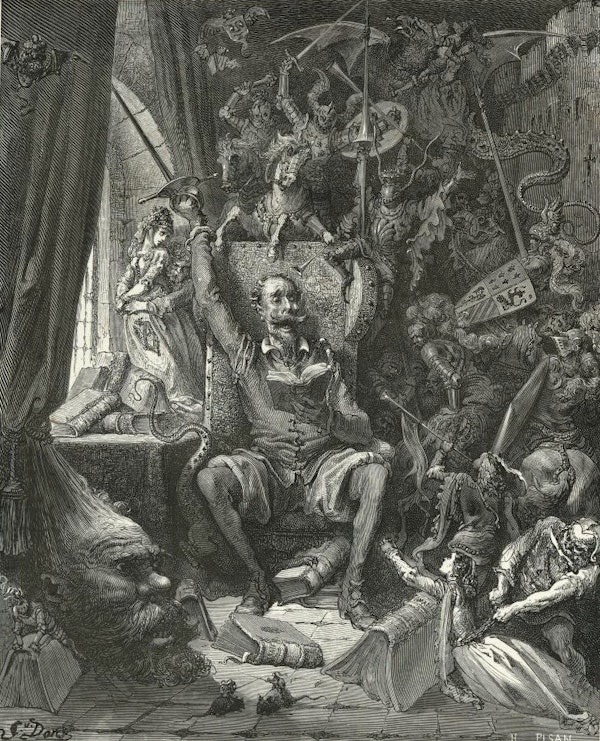
This year marks the 400th anniversary of the death of Miguel de Cervantes, author of one of the best-loved and most frequently illustrated books in the history of literature — Don Quixote. Rachel Schmidt explores how the varying approaches to illustrating the tale have reflected and impacted its reading through the centuries. more
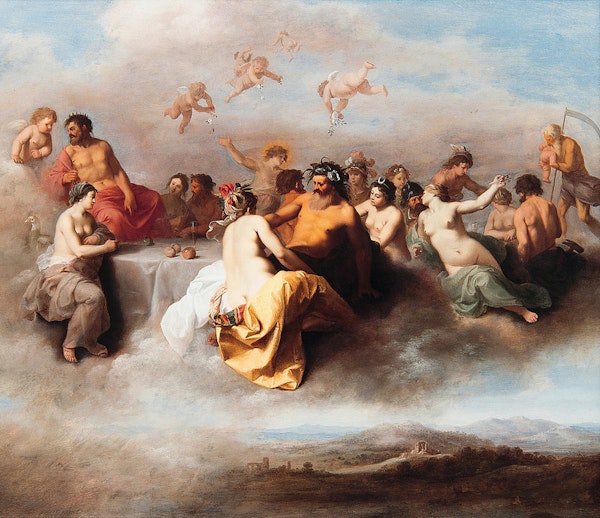
Divine Comedy: Lucian Versus The Gods
With the twenty-six short comic dialogues that made up Dialogues of the Gods, the 2nd-century writer Lucian of Samosata took the popular images of the Greek gods and redrew them as greedy, sex-obsessed, power-mad despots. Nicholas Jeeves, editor of a new edition for PDR Press, explores the story behind the work and its reception in the English-speaking world. more
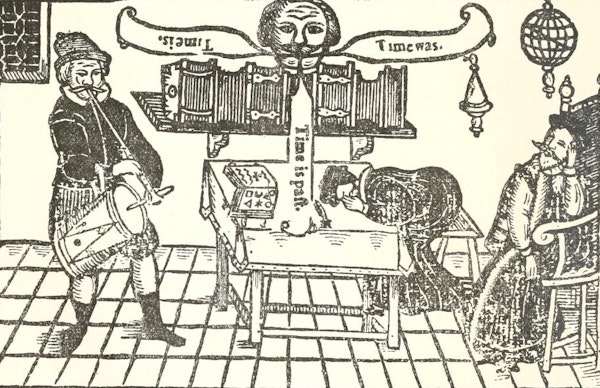
Robert Greene, the First Bohemian
Known for his debauched lifestyle, his flirtations with criminality, and the sheer volume of his output, the Elizabethan writer Robert Greene was a fascinating figure. Ed Simon explores the literary merits and bohemian traits of the man who penned the earliest known (and far from flattering) reference to Shakespeare as a playwright. more
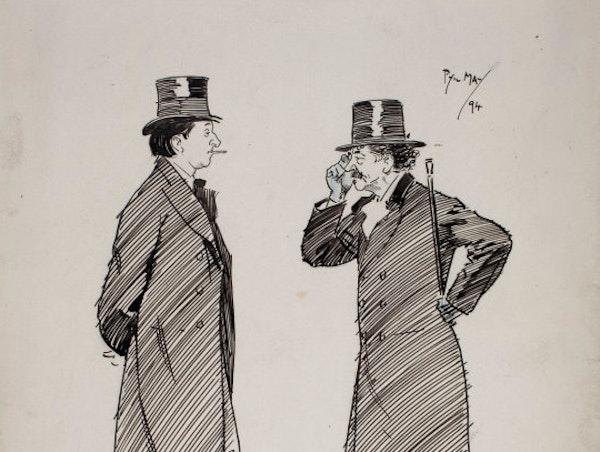
Celebrated for his innovative wit, Oscar Wilde and the notion of originality are common bedfellows. The pairing, however, is not without its complications. Joseph Bristow and Rebecca N. Mitchell explore the claims of plagiarism that dogged Wilde's career, particularly as regards his relationship with that other great figure of late-19th-century Decadence, the American painter James McNeill Whistler. more
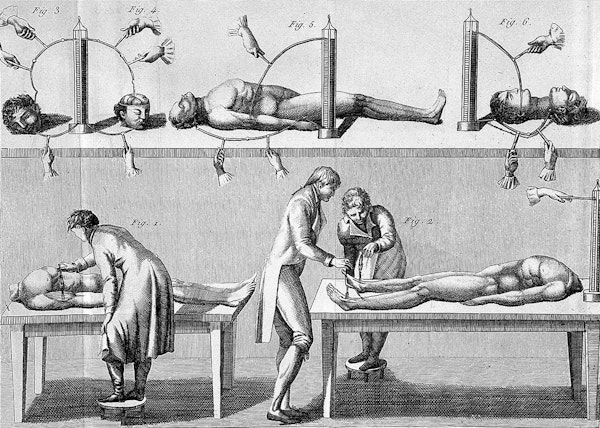
The Science of Life and Death in Mary Shelley’s Frankenstein
Professor Sharon Ruston surveys the scientific background to Mary Shelley's Frankenstein, considering contemporary investigations into resuscitation, galvanism, and the possibility of states between life and death. more
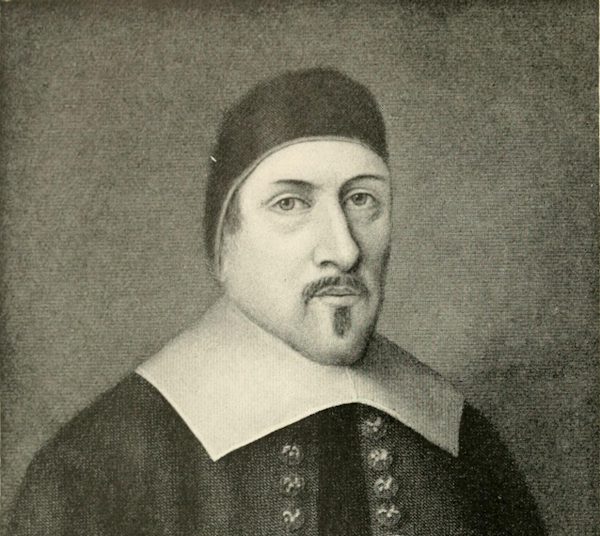
The Price of Suffering: William Pynchon and The Meritorious Price of Our Redemption
William Pynchon, earliest colonial ancestor of the novelist Thomas Pynchon, was a key figure in the early settlement of New England. He also wrote a book which became, at the hands of the Puritans it riled against, one of the first to be banned and burned on American soil. Daniel Crown explores. more
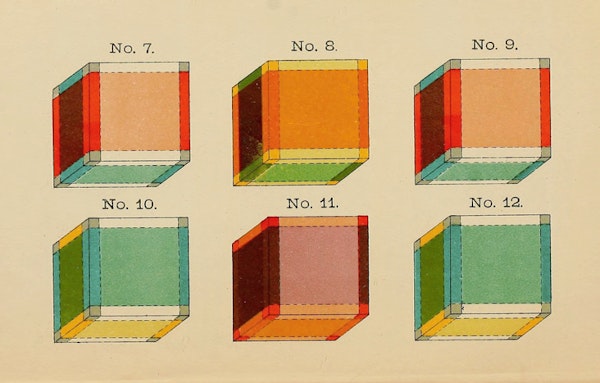
Hyperspace, ghosts, and colourful cubes — Jon Crabb on the work of Charles Howard Hinton and the cultural history of higher dimensions. more
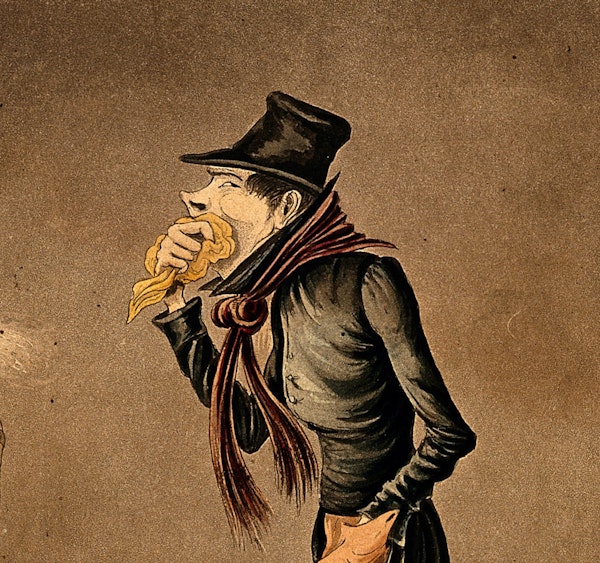
Deadly fogs, moralistic diatribes, debunked medical theory — Brett Beasley explores a piece of Victorian science fiction considered to be the first modern tale of urban apocalypse. more
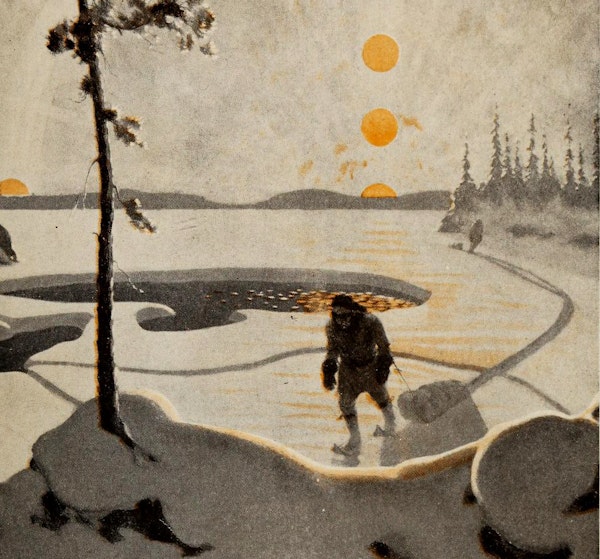
Tribal Life in Old Lyme: Canada’s Colorblind Chronicler and his Connecticut Exile
Abigail Walthausen explores the life and work of Arthur Heming, the Canadian painter who — having been diagnosed with colourblindness as a child — worked for most of his life in a distinctive palette of black, yellow, and white. more
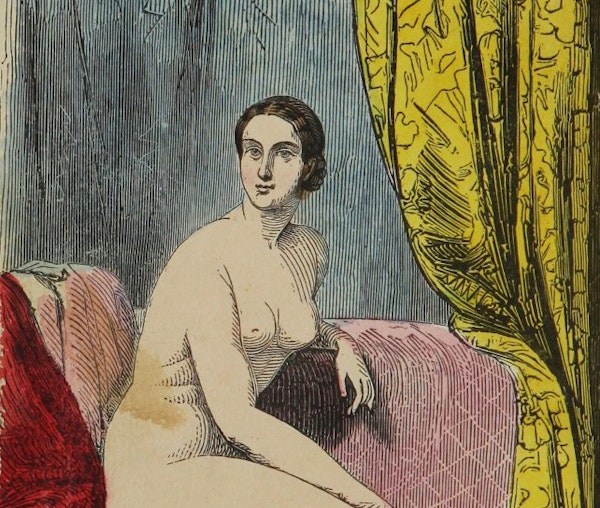
When the Birds and the Bees Were Not Enough: Aristotle’s Masterpiece
Mary Fissell on how a wildly popular sex manual — first published in 17th-century London and reprinted in hundreds of subsequent editions — both taught and titillated through the early modern period and beyond. more

